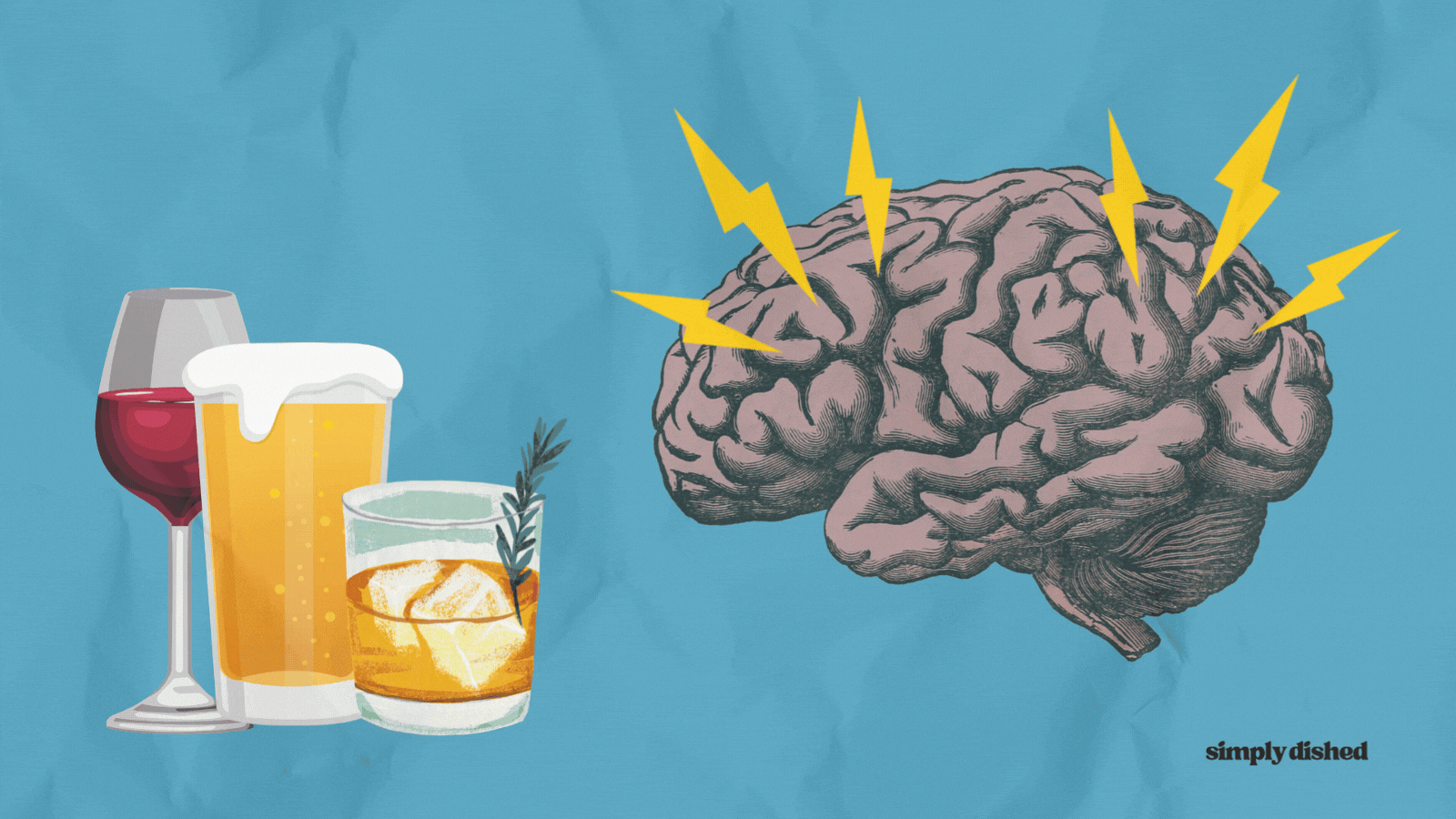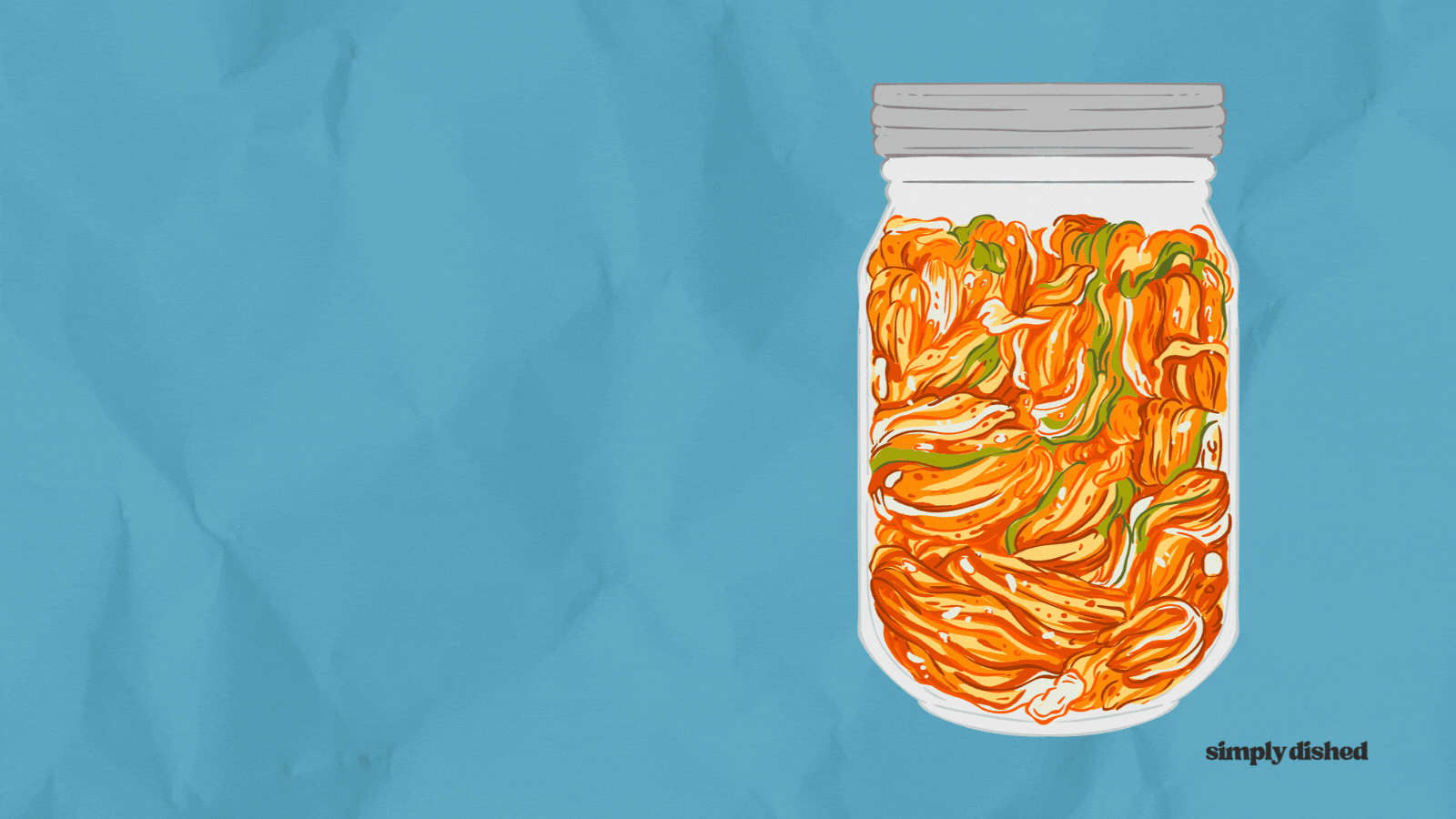Alcohol’s Impact: Gut, Brain & Overall Health — What Science Says
What Science Says
Alcohol consumption is a routine part of many people’s lives, but the effects on your health are profound. Research sheds light on how alcohol disrupts gut health, damages neurons, and impacts overall well-being. Here’s what the studies—and experts—say.
🦠 Alcohol and Gut Health
Alcohol disrupts the gut microbiome, killing off beneficial bacteria and increasing intestinal permeability (a “leaky gut”). This allows harmful substances, such as endotoxins, to enter the bloodstream, triggering systemic inflammation and contributing to diseases like liver damage and neuroinflammation.
• A study published in the Journal of Clinical Medicine highlights that chronic alcohol use impairs gut barrier function, stating:
“The translocation of bacterial endotoxins into circulation can lead to systemic inflammation, which plays a critical role in alcohol-related diseases.” Source: PubMed
Actionable Tip: Support your gut health by incorporating fermented foods like organic, low-fat plain yogurt, low-fat, plain kefir, kimchi and sauerkraut. Limit alcohol intake to prevent microbiome imbalance.
🧠 Alcohol’s Effect on the Brain
Alcohol has neurotoxic effects, damaging neurons and impairing brain function. Chronic drinking accelerates brain atrophy, particularly in areas responsible for memory and decision-making. It also increases oxidative stress, which contributes to cognitive decline.
A recent study conducted by Department of Biomedical Engineering, University of New Mexico on the effects of alcohol and the central nervous system notes the following: “The central nervous system (CNS) is the major target for adverse effects of alcohol and extensively promotes the development of a significant number of neurological diseases such as stroke, brain tumor, multiple sclerosis (MS), Alzheimer's disease (AD), and amyotrophic lateral sclerosis (ALS). Excessive alcohol consumption causes severe neuro-immunological changes in the internal organs including irreversible brain injury and it also reacts with the defense mechanism of the blood-brain barrier (BBB) which in turn leads to changes in the configuration of the tight junction of endothelial cells and *white matter thickness of the brain.” PMCID: PMC8222771
*Endothelial cells act as a barrier between the blood and the surrounding tissues, regulating the exchange of substances between them; they play crucial roles in blood pressure control, inflammation response, and blood clotting by producing various signaling molecules like nitric oxide.
**According to Cleveland Clinic: “White matter is made up of a large network of nerve fibers (axons) in your brain that allows the exchange of information and communication between different areas of your brain. It’s called “white matter” because the nerve fibers are covered in a protective sheath called myelin, which gives the tissue its white color.
The surface and deep areas of your brain contain gray matter, which gets its color from the cell bodies of neurons.
For your white matter to be healthy, it needs good blood flow and nutrients.
Decreased blood flow (ischemia) and nutrients to the white matter can cause damage to these nerve fibers (axons) including swelling, breaking and complete loss. Just as your lawn may not look healthy without watering and nutrients (sunlight and fertilizer), your brain can get damaged with poor blood flow and an unhealthy diet.”
The Journal of Neuroscience notes:
“Ethanol exposure disrupts the blood-brain barrier, increases neuroinflammation, and accelerates neuronal loss.” (Source)
Heavy drinkers are three times more likely to develop dementia than non-drinkers, according to a study in Lancet Public Health.
Actionable Tip: Reduce alcohol consumption to protect brain health. Engage in activities like puzzles, learn a new language or musical instrument, and incorporate exercises such as strength training, dancing or biking to support cognitive function by increasing blood flow to the brain.
App: Brain HQ has been scientifically backed and rigorously tested to provide better brain health through. proven brainexercises to build your cognitive resilience
BrainHQ
Train your brain with BrainHQ from Posit Science—the most rigorous program available for better brain health, and the only one backed by more than 100 scientific papers showing benefits - including the breakthrough NIH-funded ACTIVE study. Now with new features that contribute to your brain fitness…
Or Try Lumosity: Brain Training which helps you sharpen your problem-solving skills.
Lumosity: Brain Training
Lumosity’s cognitive training program is a fun, interactive way to train your brain and learn about how your mind works. Used by over 100 million people worldwide, Lumosity’s program consists of games designed to exercise memory, speed, flexibility and problem-solving. Begin with a free 10-minute F…
apps.apple.com/us/app/lumosity-brain-training/id577232024
🩺 Alcohol and Liver Health
The liver metabolizes 90% of consumed alcohol, but excessive intake overwhelms its detoxification capacity. This leads to fatty liver, cirrhosis, and liver inflammation.
A Journal of Hepatology study reveals:
“Chronic alcohol consumption increases oxidative stress and the accumulation of fatty acids in hepatocytes (heh·puh·tow·sites), leading to inflammation and fibrosis.”
Approximately 20% of chronic heavy drinkers will develop alcoholic liver disease, which significantly reduces lifespan.
Actionable Tip: To support liver health, drink less alcohol, focus on antioxidant-rich foods like leafy greens, beets, and turmeric. Hydrate to aid liver detoxification.
🕰️ Alcohol and Longevity
Although some studies suggest moderate alcohol consumption may reduce heart disease risk, new evidence shows that even light drinking increases cancer risks, particularly for breast, colorectal and esophageal cancers.
MAKE IT A QUOTE: RISK OF BREAST CANCER INCREASES 30-50% FROM 15-30 GRAMS/DAY OF ALCOHOL CONSUMPTION (ABOUT 1-2 DRINKS/DAY). According to the Department of Epidemiology Mailman School of Public Health, Columbia University study entitled: Alcohol Intake and Breast Cancer Risk: Weighing the Overall Evidence “linked alcohol consumption to risk of breast cancer (reviewed in [1-5]). The overall estimated association is an approximate 30-50% increase in breast cancer risk from 15-30 grams/day of alcohol consumption (about 1-2 drinks/day) [6-8•]. Given the level of alcohol consumption in the U.S. population, modifying this behavior could have a large impact on breast cancer incidence [9].”
MAKE IT A QUOTE: Esophageal cancer: Alcohol consumption at any level is associated with an increased risk of a type of esophageal cancer called esophageal squamous cell carcinoma. The risks, compared with no alcohol consumption, range from 1.3-fold higher for light drinking to nearly 5-fold higher for heavy drinking (4, 9). In addition, people who inherit a deficiency in an enzyme that metabolizes alcohol have been found to have substantially increased risks of esophageal squamous cell carcinoma if they consume alcohol (11). The National Cancer Institute
Actionable Tip: Choose alcohol-free alternatives like herbal teas or mocktails to enjoy social events while safeguarding your health.
Alcohol-free alternatives
Wildwonder Sparkling Probiotic Juice Drink w/Gut Health Immunity & Support https://amzn.to/42qpg9m
Hiyo Organic Social Tonic – Variety Pack, 12 Pack - N.A. Functional Seltzer, Sparkling Water Crafted with Organic Adaptogens, Nootropics & Botanicals: https://amzn.to/3Wvph8m
Aplós Canned Variety Pack of Non-Alcoholic Cocktails, Formulated with Adaptogens and Botanicals, Low Calorie, No Added Sugar Beverage (8.5 fl oz. 8-pack): https://amzn.to/4avYwXa
📌 Simply Dished Takeaways
1. Support Gut Health: Limit alcohol and eat fermented foods to maintain a healthy gut barrier.
2. Protect Brain Function: Reduce drinking, and prioritize sleep and brain-healthy activities through diet and exercise.
3. Care for Your Liver: Reduce or even eliminate drinking all-together, add antioxidant-rich foods like turmeric and dark green, fibrous vegetables to your meals.
4. Consider Cancer Risks: Cut back or even eliminate drinking all-together to lower cancer and overall health risks.
5. Form Habits for Drinking Less: Set limits, count your drinks, manage your “triggers”, and find support.
Use this free tool from the CDC – Check Your Drinking to identify your alcohol use levels to come up with a personalized plan for drinking less.
Also check out our January Trends article 👉 here on setting new habits and winning with help of James Clear and Atomic Habits.


